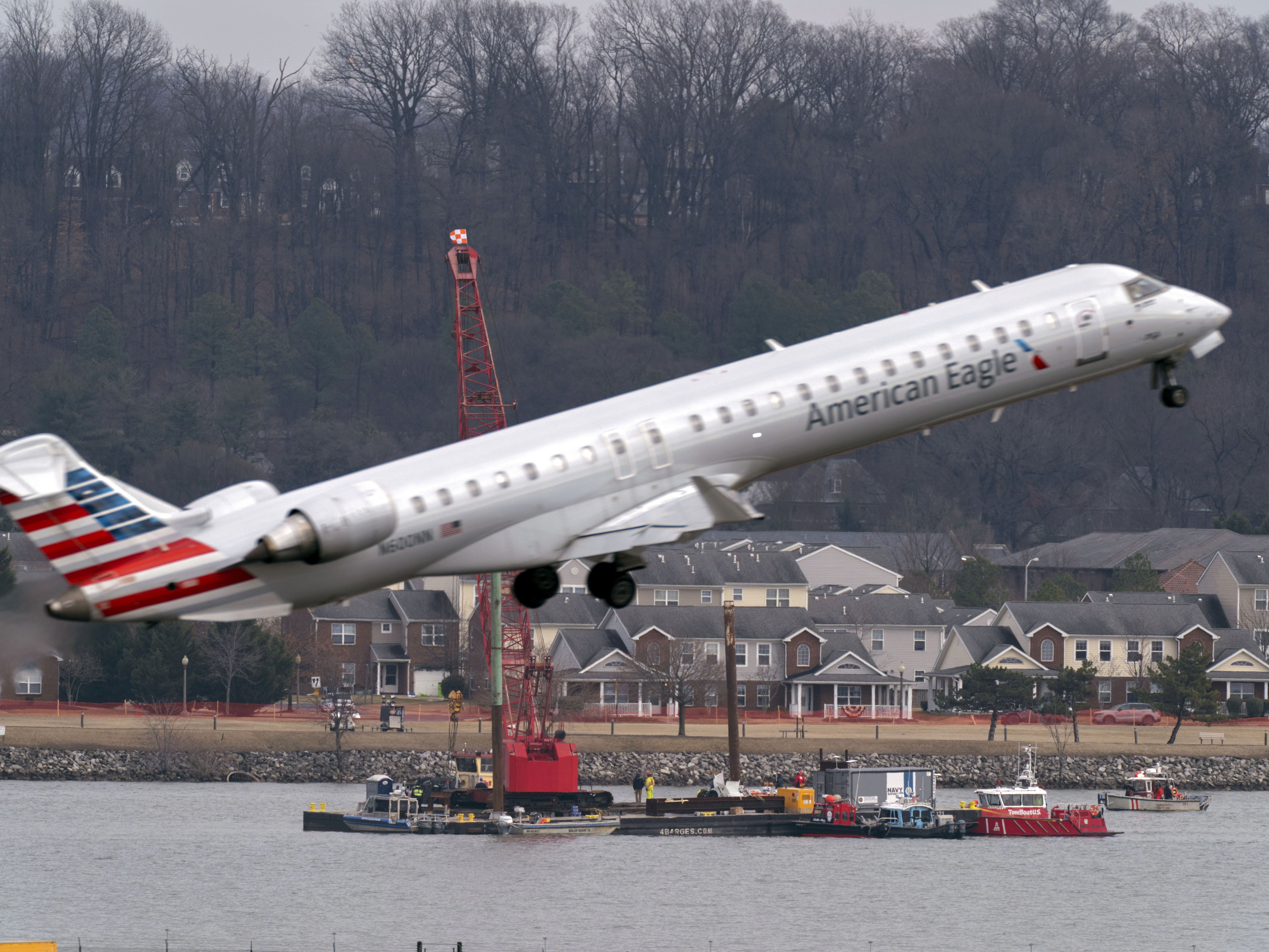SpiceJet, one of India’s major low-cost carriers, has taken an integral step in its ongoing financial restructuring by completing the allotment of equity shares to Carlyle Aviation Partners, an aircraft leasing and financing arm. This helps SpiceJet clear a big portion of its debt, wiping out about 442 Crore* Indian Rupees (approx $50 million USD) from the airline's books. Overall, this fits into a larger effort to boost cash on hand, and steady daily operations of the airline
Context and Background
SpiceJet’s need for restructuring is rooted in a multi-year deterioration in its financial metrics and repeated disputes over lease and maintenance obligations with lessors. Across fiscal 2024 and 2025, the airline reported substantial operating losses and it has routinely negotiated settlements with aircraft lessors and creditors to avoid liquidity shortfalls that could disrupt flight operations. The airline was placed under enhanced surveillance by India’s aviation regulator after audits drew attention to operational and compliance deficiencies, a development that further intensified market and stakeholder scrutiny.
Carlyle Aviation’s involvement has evolved over time. Earlier arrangements included conversions of lease arrears into equity and other instruments as parties sought pragmatic, mutually beneficial outcomes rather than protracted litigation. Under the most recent agreement, a meaningful portion of debt was either converted into equity or otherwise addressed, resulting in the reported removal of ₹442.25 crore from SpiceJet’s balance sheet. Industry observers view the deal as both a liability management measure and a tactical means to secure maintenance reserves that are critical to aircraft operations.
Why This Matters
From an accounting and cash flow perspective, reducing liabilities by ₹442.25 crore provides immediate balance sheet relief. Beyond headline numbers, the access to roughly $89.5 million in maintenance reserves and credits is arguably the more consequential element of the arrangement, since these funds can be used directly to meet maintenance obligations and reduce the need to divert scarce operating cash to third party lessors. That in turn lowers the risk of aircraft groundings for lack of paid maintenance and helps maintain schedule integrity.
For creditors, suppliers and employees the transaction reduces tail risk and creates a clearer pathway for the airline to execute the next phase of its turnaround. For investors the dilution from issuing new equity is a cost, but it is balanced by the removal of contingent pressures that could have required deeper cash injections later. For regulators the settlement reduces the immediate threat to safety of operations that can follow from escalating lessor disputes. Together these considerations explain why market reaction to the restructuring has been cautiously positive.
Remaining Challenges
While the allotment to Carlyle represents a significant milestone it is not, by itself, a definitive cure for SpiceJet’s structural challenges. The airline’s revenues have contracted in recent periods, and quarterly results continue to show sizable losses. Restoring sustained profitability will require a combination of improved demand, disciplined capacity deployment, fleet reliability, and continued access to working capital at acceptable cost. The company must also continue to manage legacy disputes with other lessors and suppliers, and to rebuild confidence with passengers and commercial partners.
Strategic Implications
The transaction signals a shift from firefighting to managed recovery. By converting certain obligations into equity and securing maintenance reserves, SpiceJet gains operational breathing
room and the flexibility to prioritise fleet maintenance and schedule stability. The presence of a sophisticated aviation financier as a shareholder also brings potential advantages in terms of lease renegotiation discipline and access to aircraft financing markets in the medium term. That said, the airline will need to demonstrate tangible improvements in cash flow generation and operational metrics to attract further capital on favourable terms.
Market and Stakeholder Responses
Initial market and media coverage has tended to frame the allotment as a constructive development that materially reduces near term financial stress. Industry analysts have noted that while the headline liability reduction is important, the stabilising effect of maintenance reserves and the implicit endorsement from an institutional lessor are equally significant. Employees and suppliers are likely to view the settlement as lowering the likelihood of abrupt operational disruption, though many stakeholders will remain watchful for evidence of sustained recovery.
Conclusion
The completion of the equity share allotment to Carlyle Aviation marks a notable milestone in SpiceJet’s path to financial normalisation. Removing ₹442.25 crore of liabilities and unlocking maintenance liquidity provides concrete relief and reduces several immediate operational risks. This transaction does not eliminate all the challenges that led the airline into murky waters, but it does materially improve the odds of an orderly recovery.
The next test for SpiceJet will be to convert the breathing room created by this deal into consistent operational performance and renewed confidence among passengers, lessors and investors. If that happens then the allotment to Carlyle could be remembered as the critical step that helped steady the carrier and return it to a sustainable trajectory.
*A crore is a unit of measurement equal to ten million (10^{7}) in the Indian numbering system. It is widely used in countries like India, Pakistan, Bangladesh, and Nepal.
Have questions or want to share your thoughts?





.jpg)


